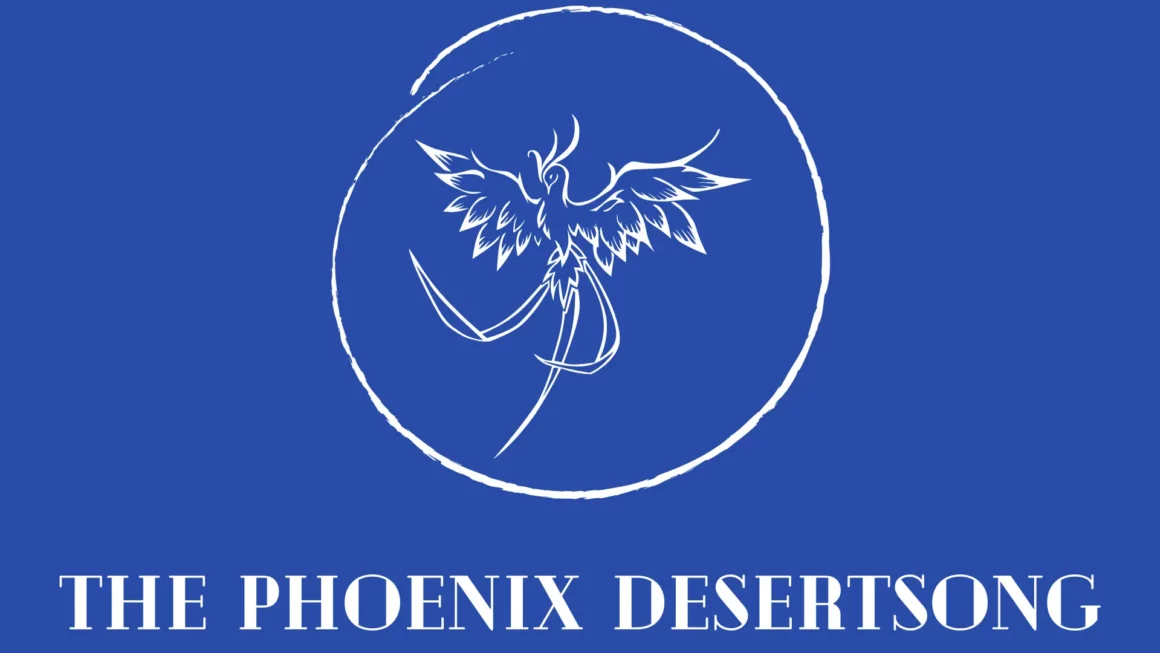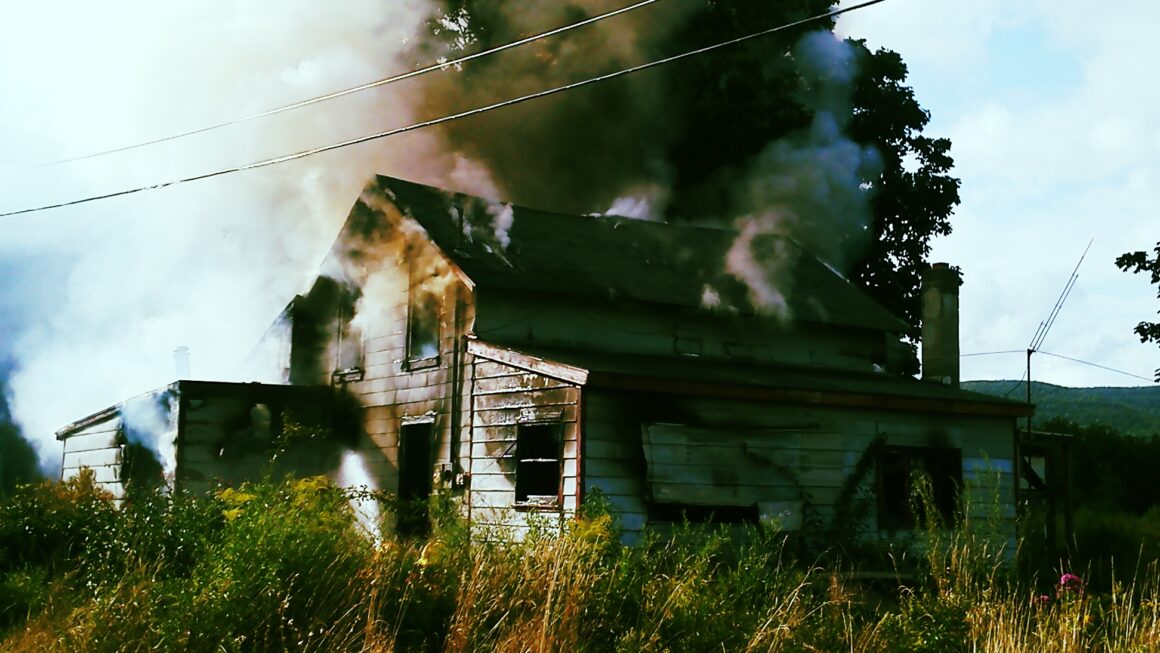When we think of adulting, we usually imagine the difficult things: paying bills, finding well-paying jobs, and settling down. But, in reality, adulting is much more about living your life to the fullest and making your dreams come true. It’s about making a difference in this world, whether it’s through charity work, starting your own business to help others, or just being yourself and inspiring others through sharing stories on your blog or social media feeds. Adulting shouldn’t be something to dread; instead, it should be something to celebrate.
Adulthood, by definition, means the period of life after childhood or adolescence. But, in American culture, the term adulting has become synonymous with making enough money to be financially secure. Making money and being financially secure are definitely part of adulting, but they’re not the whole story.
When we think of the adulting life, it’s easy to focus on all the financial responsibilities that come with it, especially if you’re just starting out in your career or going out on your own for the first time. However, there are plenty of other important factors of adulting that go beyond finance. These include taking care of yourself physically and mentally, setting healthy boundaries in your relationships with family and friends, and striving to be creative and productive in some way every day.
What is real adulthood?
There are some well-accepted benchmarks to becoming an adult. You move out on your own and pay your own bills. These things involve bringing home a real paycheck which can make these realistically possible. But, more importantly, it’s learning how to handle life and its more serious matters with maturity. This can be as complex or simple as you want it to be. Think about times when you might have been labeled as an adult by someone else. Maybe it was a promotion at work or getting married. While these could be considered signposts for transitioning into adulthood, these events alone don’t make an adult.
For years, I wandered from venture to venture in search of a chance to finally be successful at adulting. Some paid as well or better than my first and only steady office job, but most were short-term and others went nowhere. Fortunately, this period of growing pains happens to the vast majority of successful people. To win at adulting, you must take each opportunity seriously, and learn from your failures. Learning how to take failures in stride, while also being responsible for your choices and how they affect your well-being, are the keys to real adulthood.
Self-care isn’t a luxury
One of the first truly serious matters a beginner at adulting must learn is self-care. After all, adulting comes with some seriously tough responsibilities. Some days, it can feel like there’s never enough time in a day to get everything done. Other days, it seems like we have more on our plates than can be managed. But, one thing that is worth scheduling time for every single day, and taking seriously, is caring for our own physical and mental health.
Keep in mind that self-care is not selfishness. There’s a common misconception that self-care means taking care of yourself so you can be awesome at other people’s expense. In fact, skipping out on self-care leaves us feeling drained and tired, which just makes us feel less able to help others effectively in turn. If you’re not keeping yourself well nourished, mentally sound, and emotionally satisfied, you need to seriously reconsider your priorities and adjust them in order to be successful at adulting.
Don’t lose touch with your creativity
Another part of adulting that often gets shoved to the side while you’re focusing on making money is creativity. But, creativity should never be forgotten. Adults can be as creative as children. Being an adult doesn’t mean you have to lose touch with what makes you unique and passionate about life.
Whether you want to take up an artistic hobby or simply pursue a creative passion that doesn’t directly involve your day job, adulting is about finding time for yourself and your interests. Sometimes, it means taking risks with your career. What matters most is how your balance work and your passions. It’s even possible that your passions could become your career if you figure out a way to pay the bills while pursuing them. Adulting means being responsible and serious about your pursuits, not simply casting away creative endeavors. Those endeavors could lead to paying your way more than your current job ever could!
Save for yourself, not others
Financial advisors often tell their clients to save for themselves first. The logic is sound; you don’t want to live in a world where you’re constantly worrying about someone else. So, you probably follow this advice by saving money for yourself, then make sure your loved ones will have enough to get by. This strategy makes sense from a practical perspective, but it ignores how at an emotional level people actually think about money. In my experience, saving for a specific reason is much more powerful of a motivator.
For example, saving money for your children’s future needs will motivate you to work harder and smarter than if you’re just setting aside money for a rainy day. Many people don’t recognize the wisdom of saving money until they have a particular framework for a piggy bank. With savings accounts offering less interest than ever, you can’t focus on squirreling away cash just for the sake of doing it. True adulting involves putting purpose to the money that you save; you need to view it as a tool for investment in yourself, your career, and those you care about.
Get outdoors
Adults suffer from higher rates of anxiety, depression and mental illness than children. Some evidence suggests that adults are more mentally ill than ever before. Perhaps that’s because adults get out less more than ever. Sunlight and fresh air are key ingredients for good health in general. The key in those looking to improve at adulting is to prioritize time with friends or family while you’re out there.
Of course, building relationships has been shown to help fight off depression, so make sure to invite loved ones in your outdoor adventures. It could be catching a ballgame together or going on an adventure. You don’t have to go far, even just getting outside your door, even by yourself, can be enough to do good things for your brain! Without regular walks in the park, my mental and physical health would’ve both suffered immensely.
Learn how to ask for help
Sometimes life gets hard, and we have to ask for help. Even as children, this can be a difficult thing to do. As adults, we’re often pressured by peers to find our own solutions, but this sort of pressure is counterproductive. Asking for help should never be frowned upon, no matter your age. Whether you’re facing a tough time at work, troubles in your relationship, or you’re trying to balance your budget, it’s okay to ask for help.
Remember, many times friends and family are willing to help; often, they just want you to open up so they know how best they can assist you. Don’t be afraid or ashamed; adulting is sometimes about needing a helping hand or shoulder. Sadly, this help doesn’t always emerge from among your current circle. Stepping out of your comfort zone and reaching out for advice from strangers may be the length you’ll need to go when asking for help
When adulting goes wrong
My own experiences with adulting through my mid-thirties were often not very positive. For example, I’d been very adamant that my best possible career included writing from the age of four. You’re reading this article now, so clearly my early drive towards writing as a career was the correct option in the long run. Unfortunately, besides a couple of years where I was getting some well-paying writing work, I sometimes struggled to pay the bills.
Whenever writing wasn’t making money, people around me harassed me to find something more productive to do. Unfortunately, what they meant by productive was numbers on a bank balance, not actually productivity. In fact, writing is one of the most important and productive things a human being can do. Taking the time to develop your own communication skills in writing is one of the greatest skills you can develop.
Adulting is learning what not to do
Eventually, you develop perhaps the best real skill that you can benefit from while adulting; that is, identifying what not to do, which allows you to eliminate unprofitable and unfulfilling opportunities while making room in your life for potentially fulfilling ventures. Finally realizing this in my mid-thirties, I shifted my writing away from business copy-writing and marketing mumbo-jumbo and began focusing on something much more compelling.
This constant pressure used to make me think people intentionally try to stifle those who do things they don’t understand. Actually, these people believe they are truly being helpful in trying to motivate you to be better at adulting. Unfortunately, people that tell you to chalk up your writing career as a failure and go flip burgers or ring up tortilla chips at the corner store are missing the point of adulting.
This is not to say fast food and clerical jobs aren’t useful; the problem is that in today’s economy with technology automating many common tasks, these aren’t long-term careers. In fact, they aren’t meant to be; minimum wage jobs do not exist for those who wish to succeed at adulting.
Adulting means building your skill-sets
While finishing up my high school career, there were tools available that quizzed you on what jobs could make the best use of my skill set. These tools gave me information I already knew; my skill-set was, and still is today, heavily slanted towards research, analysis, and writing. Therefore, it’s not as if it was decided one day to just go and do writing. In fact, my career has involved stints in copy editing, copy writing, marketing research, recruitment, search engine optimization, web design, and more. All of these different tasks helped me develop my skill sets.
Where myself and many others have gone awry in our adulting career is being too hyper-focused on a “career path.” My choice to pursue after a frustrating college career which ended abruptly was in digital marketing. While it gave me a paycheck, it was a wage that barely paid my college loans and car insurance. Being unable to support myself, I realized adulting couldn’t end with being trapped in an entry-level position for the foreseeable future. Even then, I swallowed my pride and used the opportunity to learn while being able to earn something from my efforts.
Adulting means don’t settle, and instead, aim to be great!
Perhaps my greatest failure was that I failed to differentiate myself enough in the digital marketing field. As the years passed, the college degree requirements became steeper and mandatory. It seemed were I to stay put in an office job, I would never earn enough to get my own place. By my late twenties, I learned you can’t settle if you want to succeed; you must aim to be great. Specifically, you need to focus on being the best at what you and you alone are best at in a way no one else can.
Unfortunately, my dream of building a business to help others become thought leaders in their own unique ways never came to fruition. But, in my failures at adulting, ultimately I became successful. My persistence at sticking with writing as my primary occupation led to a partnership born of mutual respect and admiration which emerged almost entirely by chance. But, that chance wouldn’t have emerged without being truthful with myself, and what adulting really means. Thanks to these experiences, this article was written, and hopefully, it will help you find success in your own adulting journey.
~ Amelia Desertsong



